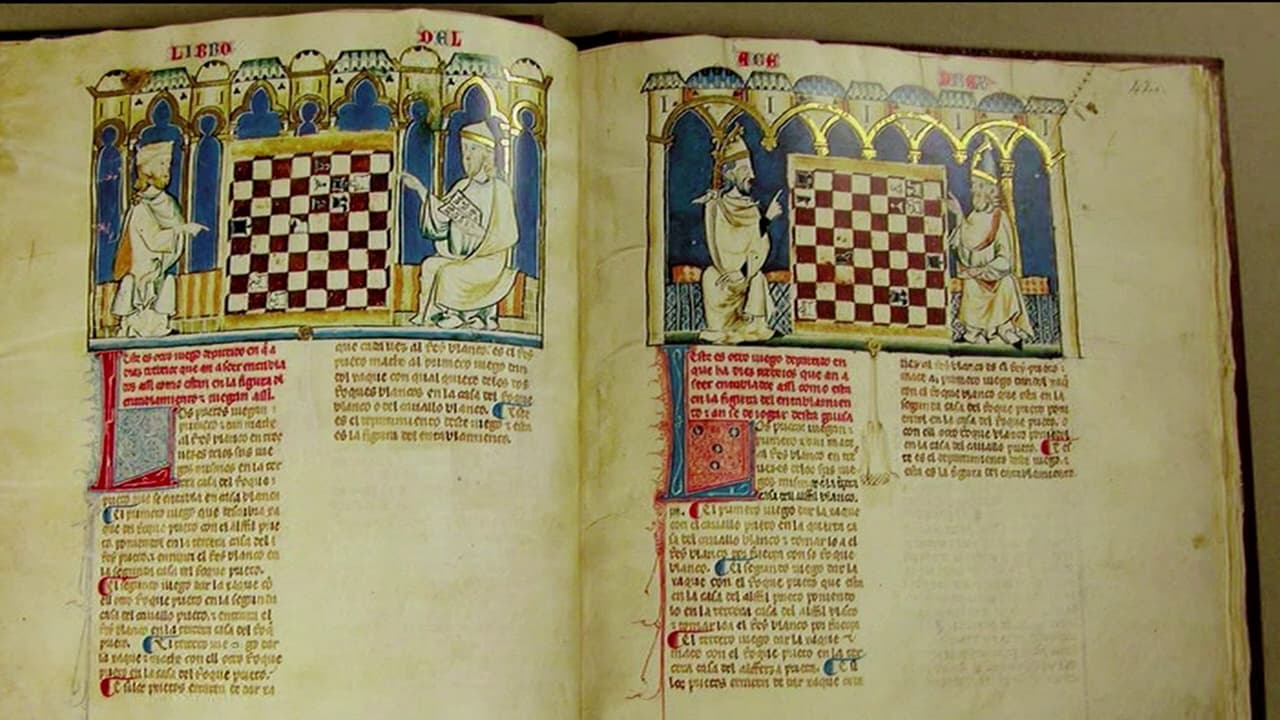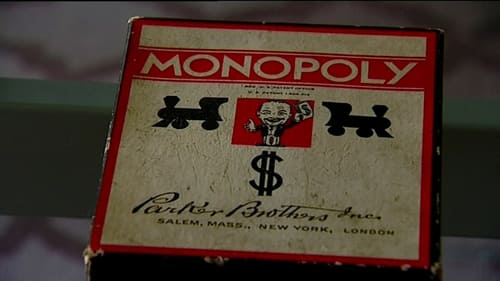 NaN/10(0 votes)
NaN/10(0 votes)#3 - Joystick Generation
S1:E30 CommentsView allDirector:Dan TuckerWriter:Unknown


Documentary
The Best Episodes of Games Britannia Season 1
Every episode of Games Britannia Season 1 ranked from best to worst. Discover the Best Episodes of Games Britannia Season 1!

Documentary
The Best Episodes of Games Britannia Season 1
Every episode of Games Britannia Season 1 ranked from best to worst. Discover the Best Episodes of Games Britannia Season 1!
Historian Benjamin Woolley unravels the cultural and social significance of popular games in Britain from the Iron Age to the Information Age.
Seasons1
Season 1 Ratings Summary
"Dicing with Destiny" is the best rated episode of "Games Britannia" season 1. It scored /10 based on 0 votes. Directed by Simon Chu and written by Unknown, it aired on 12/7/2009. This episode is rated 0.0 points higher than the second-best, "Monopolies and Mergers".

